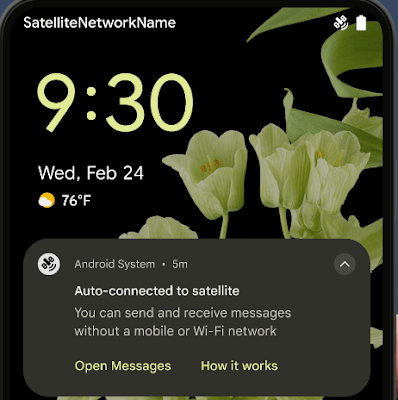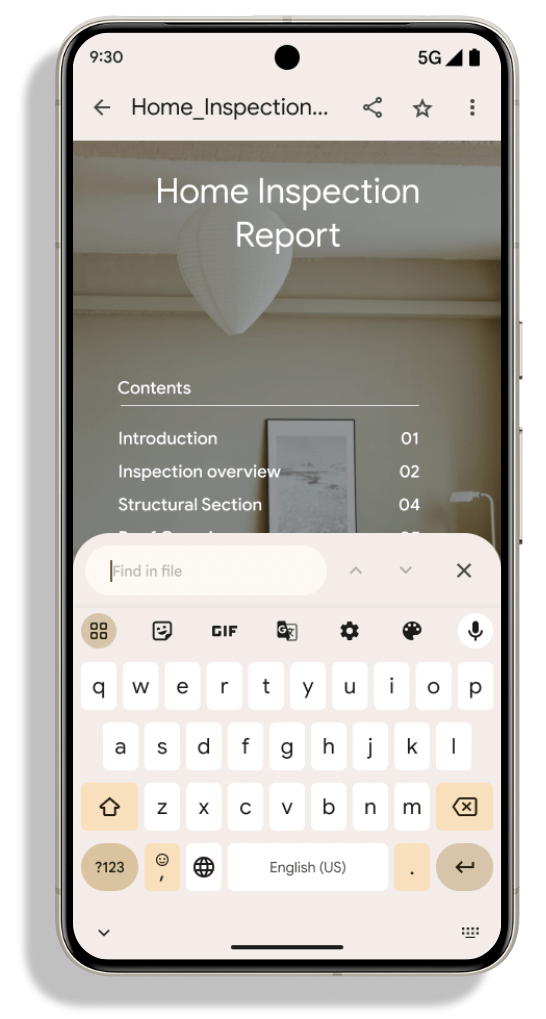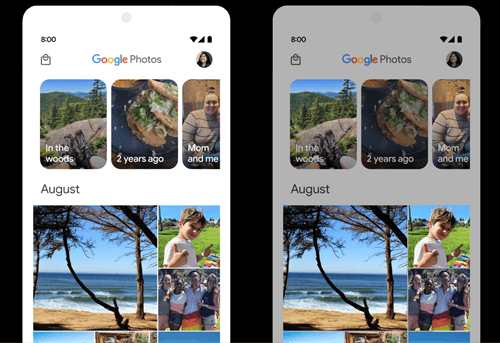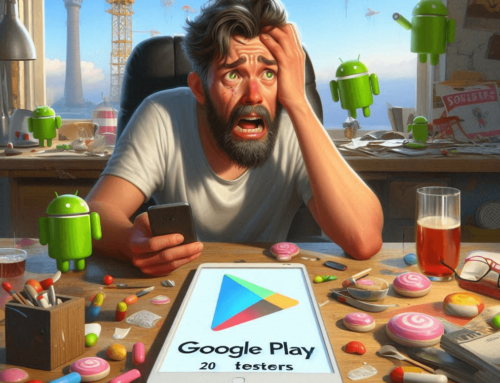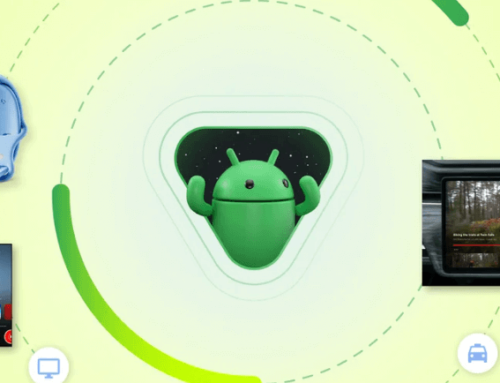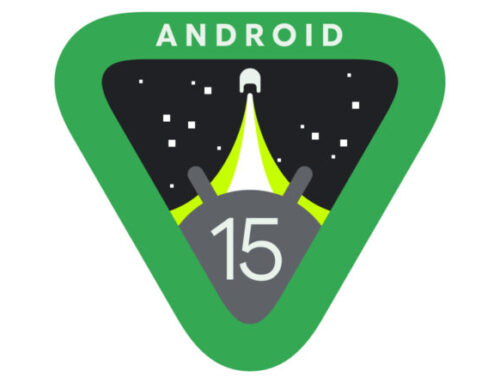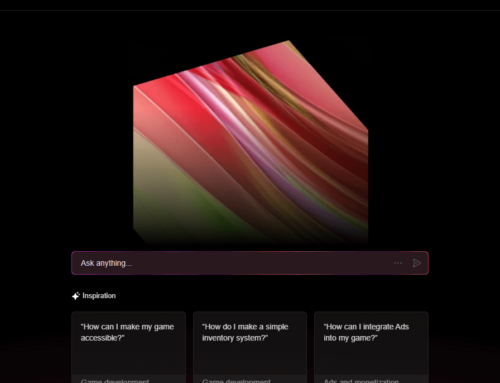Google’s next major Android version, 15, will add support for satellite connectivity among other features. This is supposed to be the most important feature in the next version. What will this mean for regular users? Well, it means that you could use your smartphone for simple communications without being connected to a Wi-Fi network or your Mobile Data plan.
Google recently released the second Developer Preview version for Android 15, and this is the version where it introduces developers to several new features that will be available for end-users at the end of this year.
The most notable new feature is the support for satellite connectivity at the OS level. This developer preview version already adds graphic elements so that devs can see how to interact with the new feature. Android’s satellite messaging support has been in the works since 2023, but this is the first official release to include it.
Now, this feature will be useful obviously in cases where Wi-Fi/mobile data isn’t available. Right now there are satellite phones available for this purpose. In some cases, having a satellite phone can be a lifesaver, especially if you’re in a remote zone where no other connections are available (i.e. being lost during a trip through the jungle, crash-landing on a remote island and so on).
However, by integrating this feature into Android, Google opens a new door for communication apps. Thus, if you’re a developer and your app is used for communications, you have to integrate satellite connection detection when terrestrial network services are not available. Android 15 includes notifications and better status bar indicators for when the device is connected to a satellite. A “NonTerrestrialNetwork” API will allow apps to “see” when they’re limited only to satellite connectivity.
Third-party communication apps will be allowed to use the satellite connectivity APIs, but enhanced messaging with RCS support will only be limited to preloaded apps. It’s tough to understand why Google doesn’t have public APIs for third-party RCS apps, even if RCS apps’ devs were hoping it’ll add. I guess this is the official confirmation that Android 15 will continue locking out Play Store apps from RCS.
Here are a few other Android 15 important features that are being launched:
- Smoother NFC experiences. Android 15 is improving the whole tap to pay experience to make it more seamless and reliable. This is good news for users, we’ll be able to spend our money even faster.
- PDF Improvements. This is another important update. Android 15 Developer Preview 2 includes an early preview of substantial improvements to the PdfRenderer APIs, giving apps capabilities to incorporate advanced PDF features. For instance rendering password-protected PDF files, adding PDF annotations, allowing PDF form editing, searching, and selection with copy. It also adds support for linearized PDFs which is basically a way of streaming PDF files when displaying them.
- Cover screen support. Devs can declare a property in their apps that will allow Android 15 to detect and enable your app / activity to be presented on the small cover screens of supported flippable devices.
- Screen record detection. Android 15 adds support for apps to detect that they are being recorded. This is a useful security feature, as you’ll be notified if your banking app activity is being recorded.
- HDR Headroom Control. Android 15 chooses HDR headroom that is appropriate for the underlying device capabilities and bit-depth of the panel, and this translates to better photos.
- Loudness Control. Android 15 introduces support for the CTA-2075 loudness standard to help avoid audio loudness inconsistencies. I really hope they do that with integrated in-app ads, as it happened a lot in the past to play a game and when the ad starts the volume is considerably higher.
So, the big question is when? Google published the release schedule for the next versions of Android 15 (that is the public releases, not the developer previews). Thus, the first beta version is expected in April 2024, while the final version will be released in the fall.

